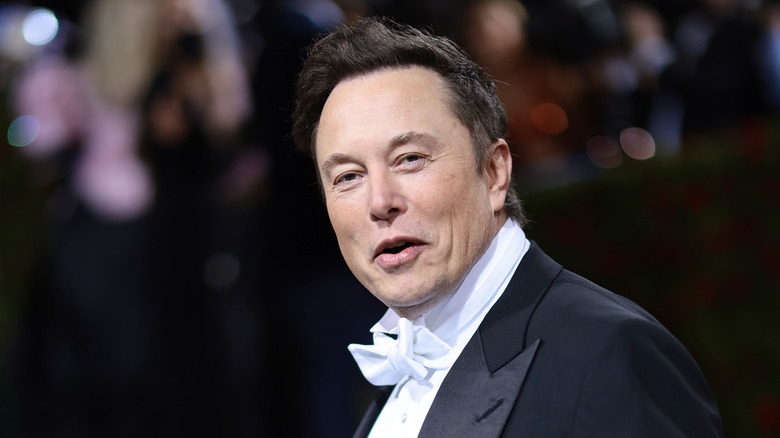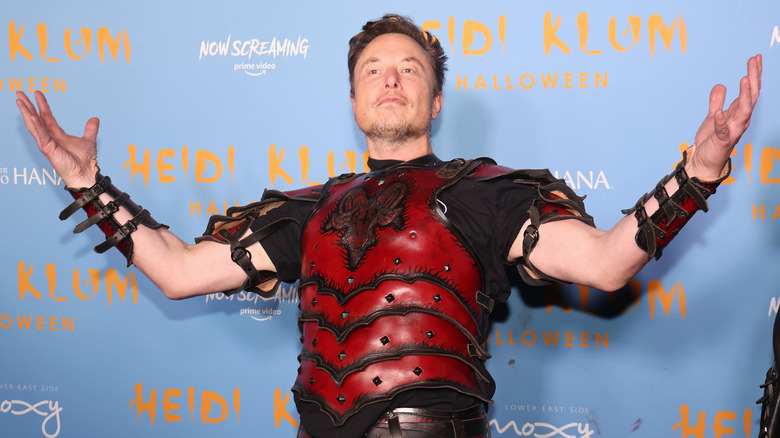Elon Musk Heads To Court Over His Tesla Pay Package
In 2018, Tesla shareholders approved a compensation worth over $50 billion in stock options for CEO Elon Musk. It remains one of the biggest paydays ever handed out to an executive. In 2022, Musk is headed to a court because of a lawsuit that challenges the legitimacy of that package. The legal challenge, which has ben filed in Delaware's Court of Chancery, will have Musk defending his pay arrangement struck with the company's board of directors, on Wednesday.
Filed by a Tesla shareholder, the complaint alleges that the Tesla board was not acting independently when it created and accepted the compensation plan for Musk, and that's because some of the members have direct financial and personal links to Musk. Another stunning claim made in the lawsuit is that the shareholders voting to approve the package were provided misleading information regarding Tesla's growth trajectory and Musk's role in it.
Another complaint, according to the court documents, seen by The New York Times, highlights the lack of a provision to take back some of the compensation promised if Musk failed to focus on Tesla, something the compensation package deemed inadequate. The lawsuit was filed by Tesla shareholder Richard Tornetta in 2018, and it is finally headed to court in 2022. At the heart of the lawsuit is a tricky CEO salary system that is at work here.
It's all tied to Tesla growth targets
Instead of drawing a fixed paycheck and yearly performance bonuses for serving as the CEO of Tesla, Musk has the luxury of getting paid in stock options. The allowance for how handsome the stock options are depends on a set of goals the company needs to achieve in terms of profitability and market value. "Elon actually earned $0 in total compensation from Tesla in 2018," Tesla reps told Insider back in 2019 after reports emerged that Musk got a staggering $2.3 billion in salary the previous year.
The existing remuneration structure between Musk and Tesla is established as a grant of 12 stock option tranches over a period of 10 years, with each tranche activating when Tesla hits a certain growth target. Musk would get stock at each tranche equivalent to 1% of the shares. However, the lawsuit argues that the growth targets laid out by the board were not really challenging. So far, it appears that things are going in favor of Musk. Tesla executives testifying in court have said that Musk had no role in formulating the compensation plans, according to The Wall Street Journal.
Right now, the billionaire is also staring at lawsuits from Twitter employees that were unceremoniously fired as soon as Musk took command as the new CEO. Musk has also sold Tesla stock worth $4 billion since he closed the deal, and told Twitter employees that he did it to keep Twitter afloat, reports CNBC.

